
Reframing Photography: Theory and Practice (PDF/EPUB Version)
$18.99
To fully understand photography, it is essential to study both the theoretical and the technical.
In an accessible yet complex way, Rebekah Modrak and Bill Anthes explore photographic theory, history and technique to bring photographic education up-to-date with contemporary photographic practice. Reframing Photography is a broad and inclusive rethinking of photography that will inspire students to think about the medium across time periods, across traditional themes, and through varied materials. Intended for both beginners and advanced students, and for art and non-art majors, and practicing artists, Reframing Photography compellingly represents four concerns common to all photographic practice:
- vision
- light/shadow
- reproductive processes
- editing/ presentation/ evaluation.
Each part includes an extensive and thoughtful essay, providing a broad cultural context for each topic, alongside discussion of photographic examples. Essays introduce the work of artists who use a diverse range of subject matter and a variety of processes (straight photography, social documentary, digital, mixed media, conceptual work, etc.), examine artists’ conceptual and technical choices, describe cultural implications and artistic influences, and analyze how these concerns interrelate. Following each essay, each part continues with a “how-to” section that describes a fascinating range of related photographic equipment, materials and methods through concise explanations and clear diagrams.
Key Features:
- case studies featuring profiles of contemporary and historical artists
- glossary definitions of critical and technical vocabulary to aid learning
- ‘how to’ sections provide students with illustrated, step by step guides to different photographic methods, alongside related theory
- fully up-to-date, with both high and low tech suggestions for activities
- online resources at: www.routledge.com/textbooks/reframingphotography will update information on equipment and provide further activities, information and links to related sites
- lavishly illustrated, with over 750 images, including artists’ work and examples of photographic processes.
eBook features:
- Highlight, take notes, and search in the book
- In this edition, page numbers are just like the physical edition
- Create digital flashcards instantly

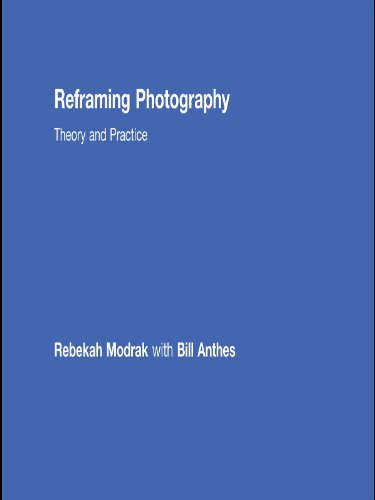
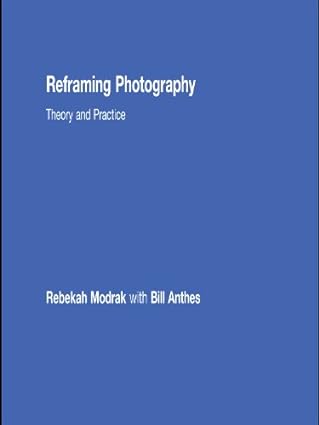
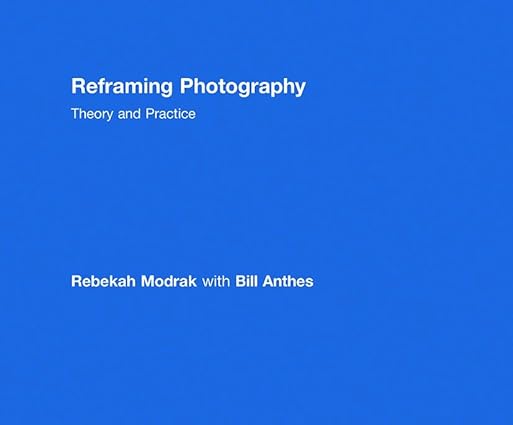
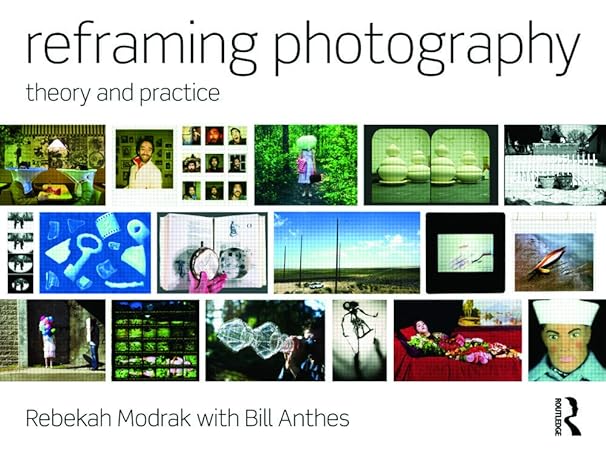
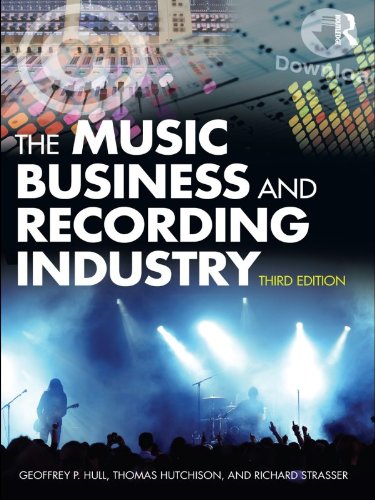
_tksunfoyqz.jpg)


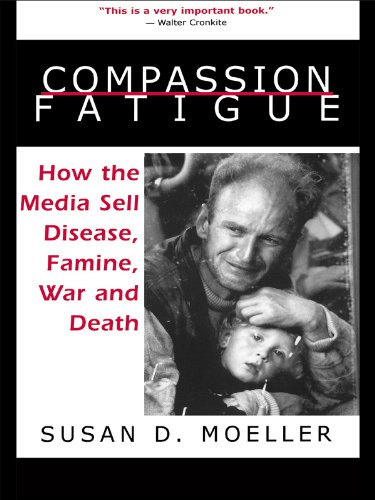



_hbpbqeiots.jpg)
_idmgqlrt91.jpg)


_how_to_design_and_deliver_successful_business_presentations_anif5kxtbo.jpg)
_how_to_design_and_deliver_successful_business_presentations_lvclkx62zf.jpg)
_ks1bb9fllq.jpg)
_md1sivs3ar.jpg)

